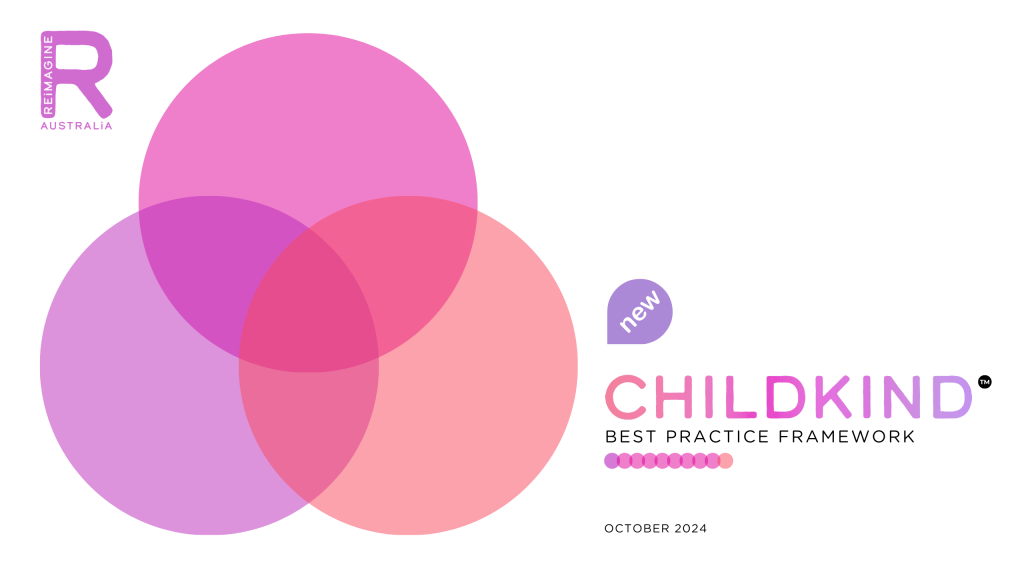KEY COMPETENCY 1.1 – OBSERVE AND RESPOND
“I will stay up-to-date and informed on the early signs of disability, developmental delay and neurodivergence, and methods for detection and assessment.”
Detect is the first competency under the ‘Observe & Respond’ Ways of Working, and relates to the ‘detection and diagnosis‘ phase of the child’s early developmental support journey. It is important for:
Early Identification: Detecting early signs of disability or developmental delays is crucial for timely intervention that improves outcomes.
Empowering Families: Early detection equips families with necessary information to access appropriate support.
Enhancing Long-Term Outcomes: Research shows that early intervention leads to better social, emotional, and educational outcomes, maximising children’s development potential.
Building Awareness: Competency in detection promotes a culture of vigilance and proactive engagement among practitioners, encouraging best practices in the field.
Detecting early signs of disability, developmental delay, and neurodivergence is essential for providing timely interventions and support. Practitioners must stay up-to-date with the latest research and detection methods to identify children who may benefit from early intervention.
Research describes the role of ongoing professional development in staying informed about the latest tools and research for detecting developmental delays and neurodivergence. It discusses the role of early childhood educators in spotting early signs and referring children for further assessment.
Research and Further Reading:
Kim, H., An, J., & Park, Y. (2021). A prediction model for detecting developmental disabilities in preschool-age children through digital biomarker-driven deep learning in serious games: development study. Jmir Serious Games, 9(2), e23130. https://doi.org/10.2196/23130
COMPETENCY MILESTONES
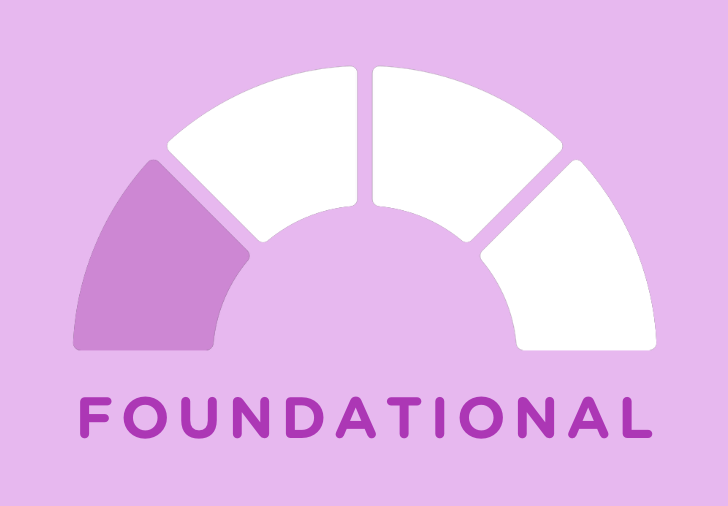
I am able to:
Recognise basic early signs of disability, developmental delay, and neurodivergence in children.
Seek guidance and supervision when detecting potential issues.
Document observations clearly and accurately.
Use standard screening tools to identify concerns.
Refer children to appropriate specialists for further assessment when necessary.
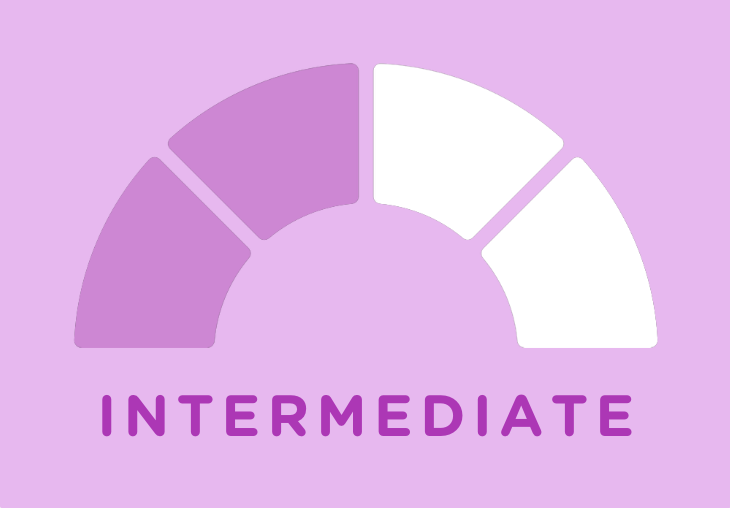
I am able to:
Identify early signs of disability, developmental delay, and neurodivergence with growing confidence.
Collaborate with colleagues to ensure accurate detection and assessment.
Apply standardised screening methods effectively.
Discuss initial concerns with parents/carers in a supportive manner.
Keep informed about updates in detection and assessment methods through ongoing professional development.
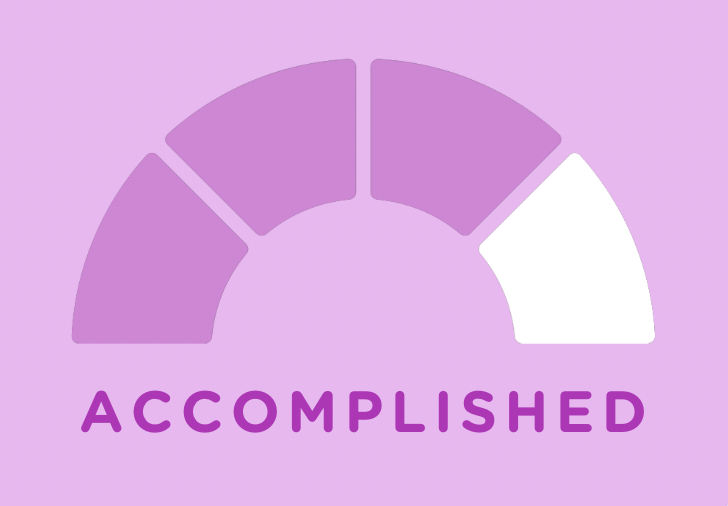
I am able to:
Detect early signs of disability, developmental delay, and neurodivergence with confidence and accuracy.
Employ a range of assessment tools to support the detection process.
Engage parents/carers in conversations about the detection process, providing clear and supportive explanations.
Stay updated on the latest research and developments in early detection and assessment.
Work collaboratively with other professionals to ensure a comprehensive understanding of the child’s needs.
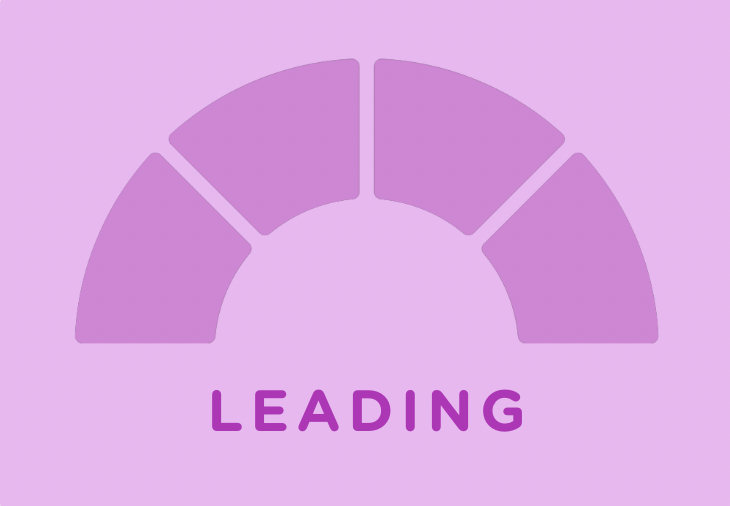
I am able to:
Lead efforts in early detection of disability, developmental delay, and neurodivergence, ensuring best practices are followed.
Mentor colleagues in recognising and assessing early signs effectively.
Engage in advanced assessment techniques, incorporating the latest research and tools and contributing to best practice.
Facilitate training sessions for parents/carers and professionals on the importance of early detection and best practice.
Advocate for early intervention and appropriate resource allocation based on accurate detection and assessment.
Reflection questions are a valuable tool for practitioners, promoting self-awareness, critical thinking, continuous improvement, and stronger relationships in their work with children and families. Below are some reflection questions for Key Competency 1.1: Detect:
Am I using current methods and tools to detect early signs of developmental delays?
How often do I review each child’s development and discuss potential concerns with families?
Are my observations thorough and consistent with current best practices?
Early detection of developmental concerns ensures that children can receive timely interventions that support their growth and development.
(Davies & Sheen, 2022, p. 92).
Access more information on the ChildKind Best Practice Framework with its 10 Ways of Working, 30 Key Competencies and 8 supporting Values and Behaviours here:
